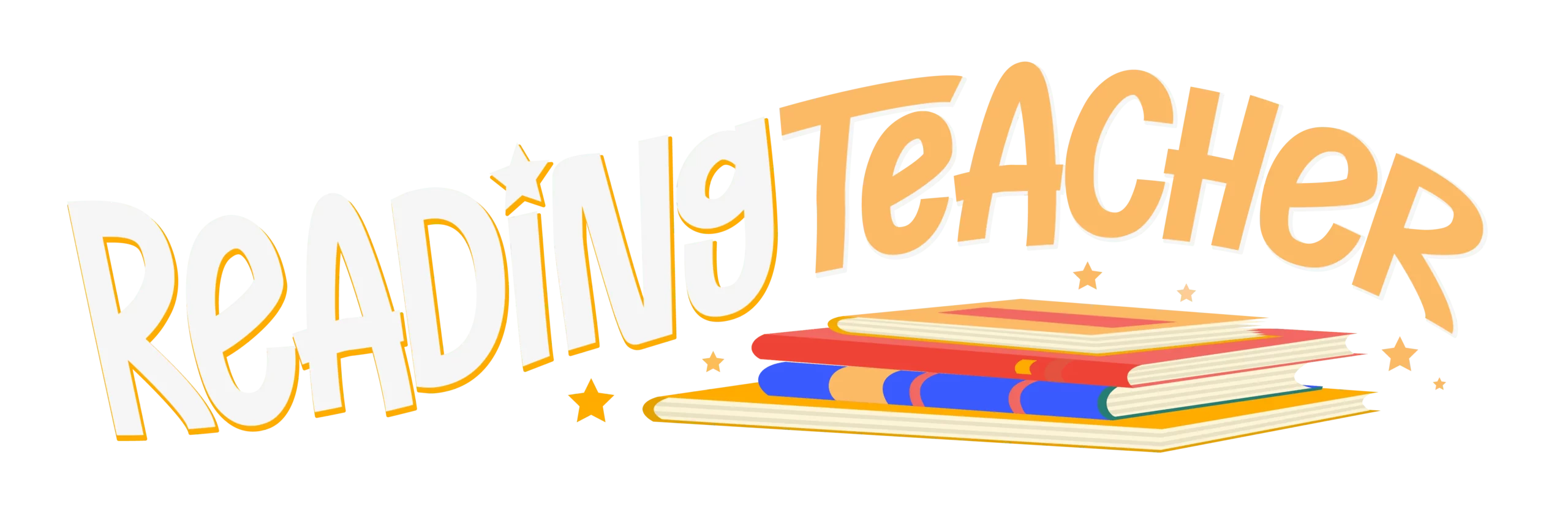How to Help a Struggling Reader: 8 Tips for Parents and Teachers
As a highly trained teacher with a background in elementary education, I understand the importance of reading proficiency and how it lays the foundation for future academic success. If you have a student or child who is struggling with reading, it can be a difficult and stressful situation for both the child and the caregiver. However, there are many strategies and resources that can be used to help a struggling reader. Here are eight tips for parents and teachers to consider.
Assess the Reason for the Struggles: Before jumping into different strategies, it is important to understand why the child is struggling with reading. This could be due to a learning disability, a lack of reading exposure, or simply a lack of confidence in their skills. Understanding the root cause of the struggles can help guide the approach and strategies used.
Build Confidence: Confidence is a crucial factor in learning and it can be especially important for struggling readers. Encouraging the child, praising their progress, and setting achievable goals can help build their confidence.
Provide One-on-One Support: One-on-one support can be invaluable for struggling readers. This can be as simple as dedicating regular time to read together, practicing decoding and comprehension skills, or using educational software designed for reading support.
Use Multisensory Techniques: Multisensory techniques, such as using manipulatives or hand motions to help reinforce reading, can be highly effective for struggling readers. This helps to activate different parts of the brain and can make the reading experience more enjoyable and memorable.
Encourage Reading for Pleasure: While it is important to work on reading skills, it is equally important to encourage the child to read for pleasure. Encouraging them to choose books that interest them, and creating a positive reading environment can help them build a love of reading.
Use Audio Books: Audio books can be a great resource for struggling readers as they can follow along with the story while listening to the words. This can help build fluency and comprehension skills.
Practice Phonics: Phonics is the foundation for reading and practicing phonics can be especially helpful for struggling readers. Simple phonics games, such as sounding out words or blending sounds, can help reinforce these skills.
Find Community Resources: There may be local resources such as tutors, volunteer programs, or community libraries that offer reading support for struggling readers. Reach out to these resources for additional support and guidance.
In conclusion, supporting a struggling reader takes patience, understanding, and a willingness to try different approaches. By assessing the reason for struggles, building confidence, providing one-on-one support, using multisensory techniques, encouraging reading for pleasure, using audio books, practicing phonics, and finding community resources, parents and teachers can help a struggling reader develop the skills and confidence they need to succeed.
Start Teaching Reading for Free Now!
Access Level 1’s four interactive stories and the accompanying supplemental resources to teach elementary students how to read. No credit card is needed. Join the 42,635 teachers and students using our reading program.
